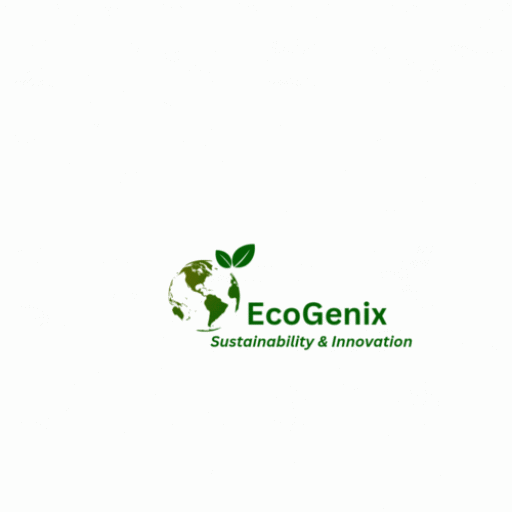Introduction:
Food security, food safety, and food systems are interconnected aspects crucial for ensuring a healthy and sustainable future. In this article, we will delve into the key modules that explore these topics and discuss how they relate to one another. The following articles are just a snippet of our comprehensive modules. ENROLL FOR OUR COURSES.
Module 1: Introduction to Food Security and its Dimensions:
This module lays the foundation by defining food security and exploring its dimensions, emphasizing the availability, accessibility, utilization, and stability of food supplies. Understanding food security is fundamental to addressing hunger and poverty globally.
Module 2: Global and Regional Food Systems:
Module 2 delves into the complexities of global and regional food systems, highlighting the intricate networks that produce, process, and distribute food worldwide. It explores how different regions contribute to the global food supply and the challenges faced in ensuring a sustainable and equitable distribution system.
Module 3: Food Distribution, Access, and Equity:
Module 3 focuses on the distribution aspect of food systems, emphasizing the importance of access and equity. It addresses issues such as food deserts—areas with limited access to affordable, nutritious food—shedding light on the disparities in food distribution and the need for inclusive solutions.
Module 4: Food Safety and Quality Assurance:
Ensuring food safety is paramount for public health. Module 4 explores the methods and practices involved in food safety and quality assurance. It discusses measures to prevent contamination, diseases, and spoilage, emphasizing the need for stringent regulations and monitoring processes.
Module 5: Nutrition and Health in Food Security:
Module 5 emphasizes the vital link between nutrition, health, and food security. It explores how access to nutritious food is essential for physical and mental well-being. Adequate nutrition not only prevents malnutrition but also contributes to overall development and productivity.
Module 6: Sustainable Agriculture and Crop Production:
Sustainable agriculture, as discussed in Module 6, focuses on eco-friendly farming practices that conserve natural resources and enhance soil health. It explores innovative techniques such as organic farming and precision agriculture, emphasizing the importance of long-term agricultural sustainability.
Module 7: Livestock Management and Animal Protein Production:
Module 7 addresses the role of livestock management in food systems. It discusses sustainable practices in animal husbandry and the production of animal proteins. Balancing the demand for animal-based products with environmental concerns is a key challenge explored in this module.
Module 8: Sustainable Fisheries and Aquaculture:
Module 8 delves into sustainable fisheries and aquaculture practices, emphasizing the importance of preserving aquatic ecosystems. It explores responsible fishing methods and the development of aquaculture systems that meet the growing demand for seafood while conserving marine biodiversity.
Module 9: Urban Food Systems and Food Deserts:
Urbanization brings unique challenges to food systems. Module 9 explores urban food systems and the issue of food deserts in cities. It discusses innovative solutions such as urban gardening and community-supported agriculture, aiming to improve access to fresh, healthy food in urban areas.
Module 10: Innovations in Food Security Solutions:
Module 10 focuses on cutting-edge innovations that address various challenges in food security. It explores technological advancements, policy reforms, and community-driven initiatives that contribute to sustainable food systems, ensuring food security for present and future generations.
Conclusion:
In conclusion, these modules collectively highlight the intricate relationships between food security, food safety, and food systems. Addressing these challenges requires a holistic approach that encompasses efficient food distribution, equitable access, sustainable production, and innovative solutions. By understanding the interconnections between these modules, policymakers, researchers, and communities can work together to build a resilient and sustainable global food system, ensuring a food-secure future for all.
ARTICLE BY: WAYNE TOTA
Food Security and Climate Change
waynetota9@gmail.com
0601133196239
Visit for more articles:
https://sites.google.com/view/foodsecure-sustain-agriclimate/home.
